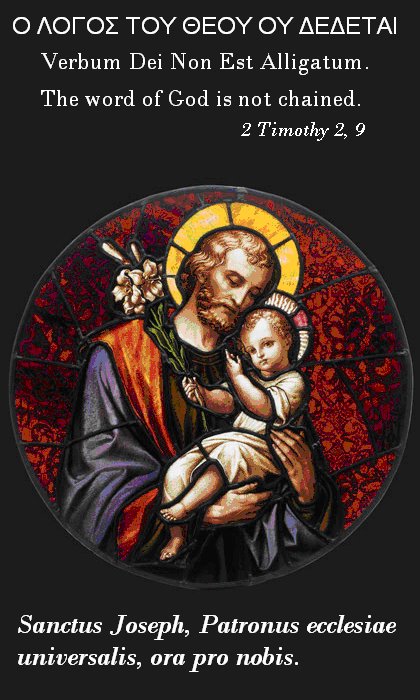I like conversion stories. I'm fascinated by the myriad ways God's grace leads people to the Catholic Church. Karl Stern's story, as recounted in his book, Pillar of Fire, is of particular interest for a number of reasons. First, he is an eloquent writer whose crystalline intelligence shines through on every page of his prose. Stern is a man of many parts: medical doctor, accomplished musician, published novelist. He was also a Jewish medical student in Germany in the 1930's, at the time when the Nazis were beginning their rise to power, which lends a certain pathos to his story: most of his family, many of his friends were executed outright or died in concentration camps. Stern and his wife escaped to Canada, and settled in Montreal,where he was received into the Church and where he spent the rest of his life.
Stern was once a devout Orthodox Jew. Reading some of his observations and musings, I was struck by how deeply our Catholic faith is rooted in the rich soil of the faith of Israel. One of the Pius popes (Pius XI, maybe?) once said, "We are all spiritually Semites," a fact for which I give thanks to God.
A few sample passages follow (I will have more in subsequent blogs).
"... a chance remark made by the young man who conducted our Sabbath afternoon Bible class [particularly struck me]. I think it was at the time when we discussed those particularly "Messianic" chapters of Isaiah. He said: "You know, occasionally, when you contemplate these two thousand years of Galuth [dispersion] without even any remote hope of return {remember that this was written before there was a state of Israel - A.}, you are almost inclined to wonder whether Jesus was not the Messiah after all." For "Jesus" he used a dark word which orthodox Jews occasionally use, perhaps out of some superstition. Of course, he discarded the thought ... but ... it stuck with me. My immediate reaction, perhaps already on the basis of my experience, was: "How do you know he wasn't?"
"If the divinity of Christ was an error or a lie, certain formative forces which radiated from this very idea and fertilized the depth of the soul were impossible to explain. In a certain inverted and paradoxical sense Tolstoy was right. For without the divinity of the Messiah the simple piety and heroic sanctity of some of our peasant maids were somehow unthinkable, but so were Chartres and Grunewald, and Bach and Mozart."
"One of my great teachers in Medicine used to say that in order to be a scientist you have to have only one talent -- to be astonished at the proper time. Pascal was astonished at an obvious and simple fact. Just as the Prophets had predicted it, the fruit of Israel had burst at a definite historical moment, the seeds had been flung to the far corners of the earth and had brought forth plants a thousandfold."
Just one more:
"If a Hasidic mystic and a follower of St. John of the Cross could know one another, not separated by a barbed wire of social and political prejudice but in a spirit of charity, they would be amazed how akin they are in their striving."
Wednesday, March 18, 2009
Subscribe to:
Post Comments (Atom)

No comments:
Post a Comment